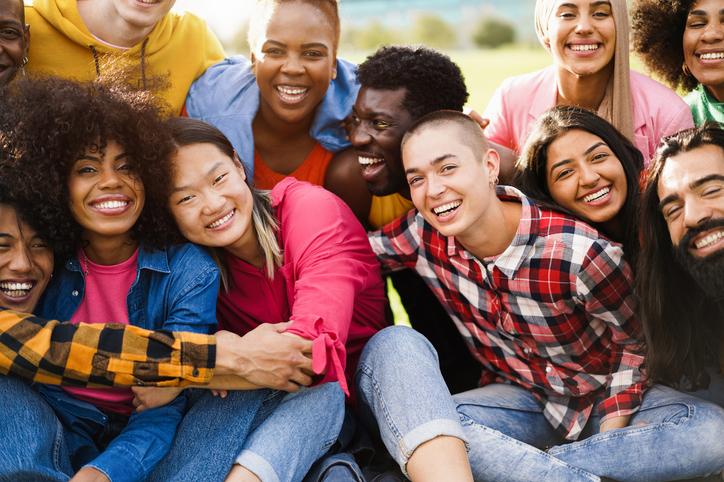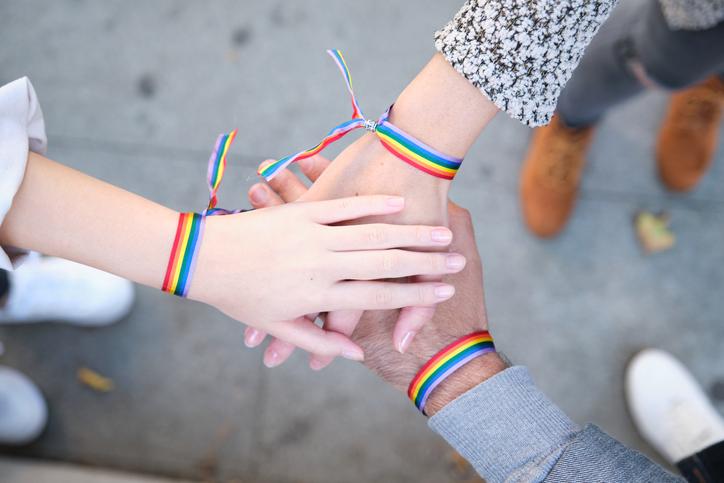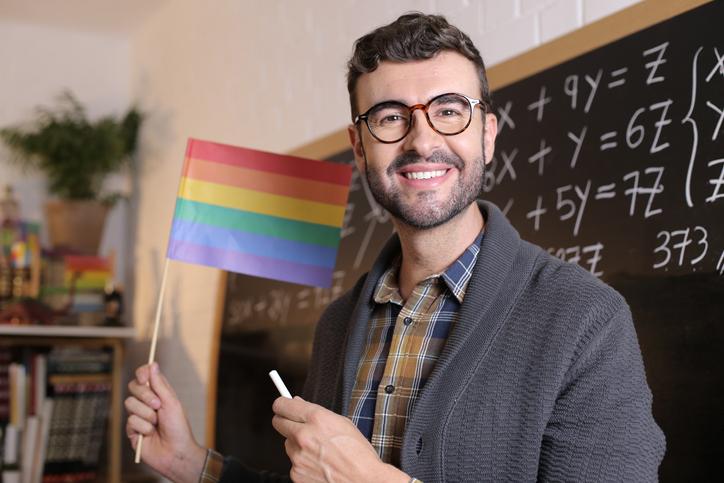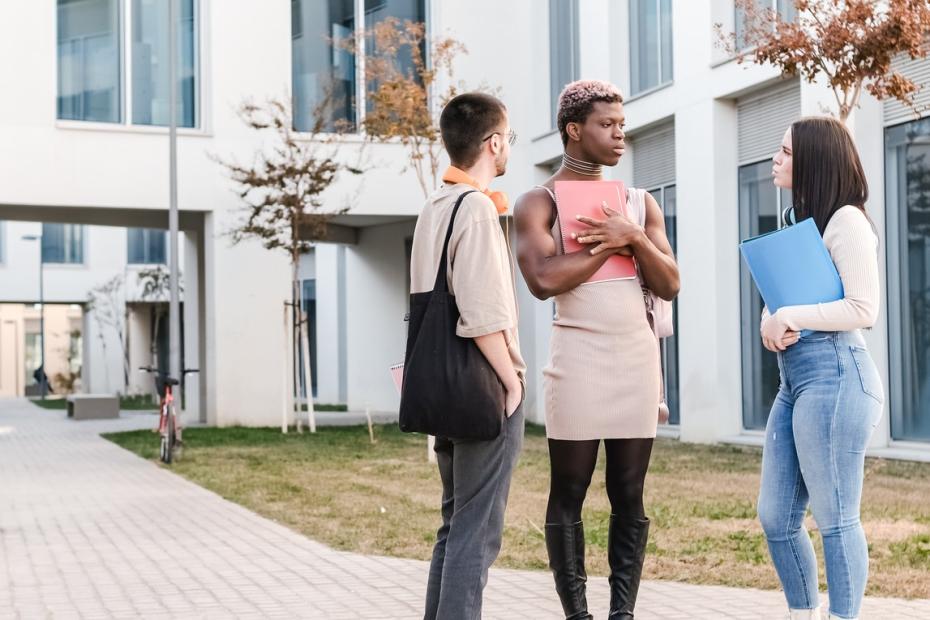
Making LGBTQ+ individuals feel safe, valued and empowered on campus

You may also like
Universities can play a crucial role in creating an inclusive and welcoming environment for all individuals. By actively supporting and advocating for the LGBTQ+ community, higher education institutions can become powerful allies and catalysts for positive change. Recognition and acceptance of this community have made significant strides, but there is still work to be done.
Through policies, training, inclusive housing and visibility, universities can support and champion the rights of LGBTQ+ students, staff and faculty, including those who identify as intersex, asexual and two-spirit. This article explores practical advice and insights.
Creating inclusive policies and practices
Universities must establish comprehensive policies that protect the rights and well-being of LGBTQ+ individuals. These policies should include clear statements of non-discrimination, gender identity and expression protections, and mechanisms for reporting and addressing discrimination or harassment. By implementing inclusive policies, universities signal their commitment to fostering an inclusive environment for all. In addition to policies, universities should establish LGBTQ+ resource centres or safe spaces on campus. These spaces provide a physical and emotional haven for LGBTQ+ students, staff and faculty, offering support, resources and community engagement opportunities.
Sensitise faculty, staff and students
Educating faculty, staff and students about LGBTQ+ issues is crucial for building understanding and empathy. Universities should work towards organising workshops, training sessions and awareness campaigns to sensitise the community about the challenges faced by individuals within the queer community, while also being considerate of the impact and intersection of race and ethnicity within the queer experience. These initiatives can help dispel myths, challenge stereotypes and promote respectful dialogue.
- How can we make LGBTQ+ students feel welcome through our teaching?
- THE podcast: career advice, LGBTQ+ in the academy and public-speaking tips
- Breaking the homonegative life cycle for lesbian, gay and bisexual students in Jamaica
It is equally important to incorporate diverse LGBTQ+ perspectives into the curriculum across disciplines. By integrating these communities’ issues into coursework, universities foster a more comprehensive understanding of diversity, contribute to breaking down societal biases, and offer ways to empower LGBTQ+ students.
Provide mental health support
Universities should prioritise the mental health and well-being of LGBTQ+ students, because they may face higher rates of stress, discrimination, suicidality and social isolation. LGBTQ+-specific counselling services or training for counsellors are pathways universities can use to ensure that mental health support is inclusive and knowledgeable about the unique needs of this community.
Furthermore, establishing student-led support groups and LGBTQ+ organisations can create a sense of belonging and peer support. Universities should engage queer students and queer students of colour in the decision-making processes regarding housing options. Student organisations, affinity groups and cultural centres can provide valuable insights and help shape inclusive housing policies and practices. Universities can also collaborate with local LGBTQ+ community organisations to provide additional resources and expand on support systems already doing the work.
Promote inclusive housing and facilities
Queer community housing at universities is a critical aspect of creating a safe and inclusive environment for LGBTQ+ students, particularly for those who face challenges in maintaining suitable housing, such as queer students of colour. Queer community housing provides a designated living space where students can feel safe, supported and understood. Living with other queer individuals can help foster a sense of belonging, provide peer support and create an atmosphere that celebrates diversity. This type of housing offers a sanctuary where students can be their authentic selves without fear of judgement, discrimination or harassment. Gender-inclusive housing options accommodate the diverse needs of LGBTQ+ students and allow students to feel safe and comfortable, regardless of their gender identity or expression.
Additionally, universities should ensure that restroom and locker room facilities are inclusive and accessible, offering gender-neutral options alongside traditional male and female facilities.
Celebrate LGBTQ+ diversity and visibility
To foster a truly inclusive environment, universities should celebrate LGBTQ+ diversity and promote visibility. Hosting events such as Pride Month celebrations, guest speakers and art exhibitions can create spaces for dialogue, awareness and celebration. Such initiatives not only empower queer individuals but also educate and engage the wider university community.
As a sign of solidarity and to uphold safety, universities can make intentional decisions not to host people or speakers who are known for expressing bigotry and discriminating against the queer community.
Support LGBTQ+ research and scholarship
Universities can work to contribute to the advancement of LGBTQ+ rights and understanding by supporting research and scholarship in this field. Encouraging faculty to explore LGBTQ+ topics in their research and providing funding opportunities for LGBTQ+ research projects that involve collaborating with the community directly can help expand knowledge and generate positive social change.
Universities have the power to shape society and be at the forefront of change. By actively supporting and advocating for the full spectrum of the LGBTQ+ community, universities can become true allies in the fight for equality and inclusivity. Through inclusive policies, education, mental health support, housing options, celebratory events and research, universities can create an environment where LGBTQ+ individuals feel safe, valued and empowered. Let us work together to build universities that champion diversity, embrace inclusivity, and inspire change within and beyond their campuses.
Aaron Davis is a Master of Public Health candidate and graduate student assistant in the Resilience Lab at the University of Washington.
If you found this interesting and want advice and insight from academics and university staff delivered direct to your inbox each week, sign up for the Campus newsletter.


